TRCP’s “In the Arena” series highlights the individual voices of hunters and anglers who, as Theodore Roosevelt so famously said, strive valiantly in the worthy cause of conservation
William Kosmer
Home waters: North-central Pennsylvania
Occupation: Outdoor photographer, flyfishing guide, and full-time hydrogeologist
Conservation credentials: Has spent 15 years volunteering to restore streams and advocate for wild trout
We’re betting that William Kosmer’s waders are practically never dry. Between his day job, his guiding business, and his volunteer work to help restore some of Pennsylvania’s best wild trout waters, Kosmer still finds time to teach kids about fishing and the hidden world of creepy crawlies that support the riparian ecosystem. But he says he’s not alone: There is a vibrant community of flyfishermen, outdoor recreation businesses, and educators invested in cleaner water for the next generation of anglers.
Here’s his story.
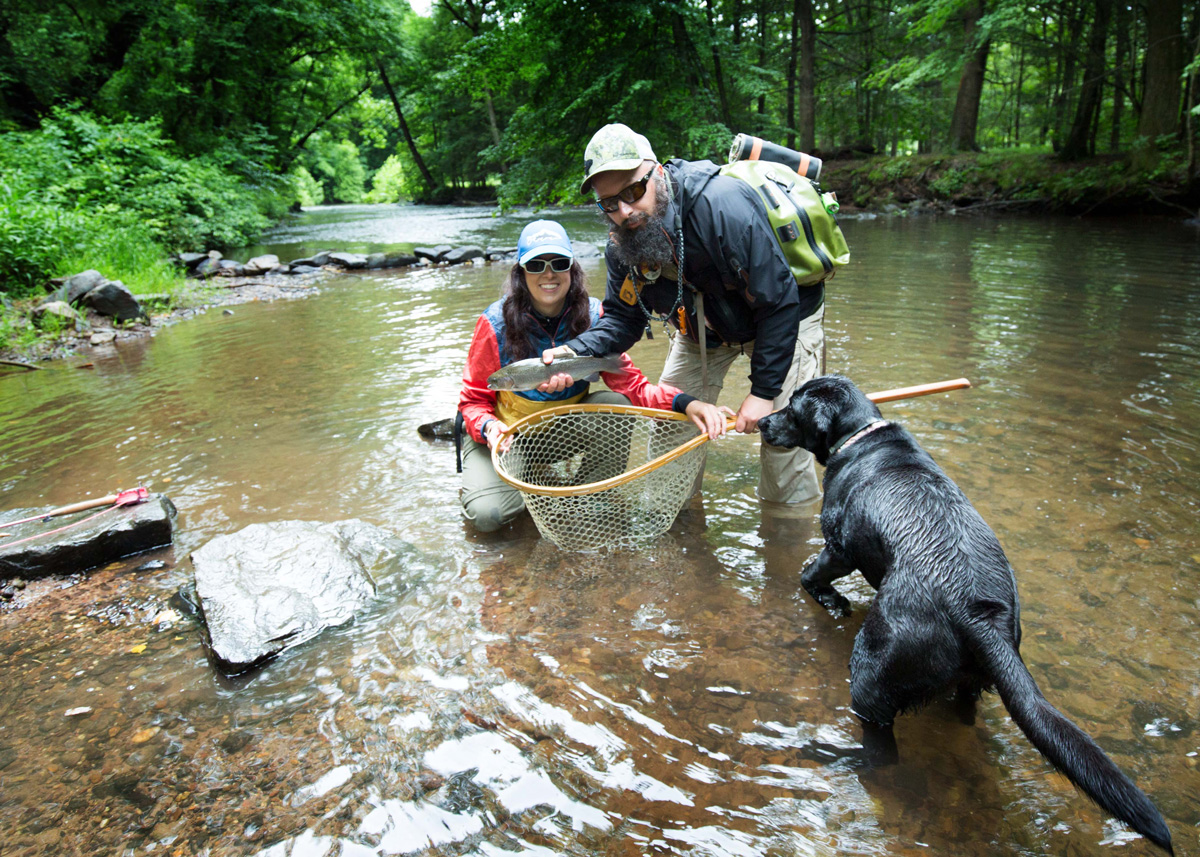
I would have to say my love of fishing started with my father. He introduced me to the outdoors and photography from an early age, and I really haven’t looked back since.
But it’s concerning to see the decline in license sales—kids just aren’t getting introduced to the outdoors like I did. Through Trout Unlimited, I volunteer to guide veterans, teach kids to tie flies, and get people interested in fishing, generally. When kids start turning over rocks and finding bugs, they can’t believe all that has been down there the whole time—it’s always a big crowd pleaser. We also bring trout into the classroom, where kids can raise brook trout eggs and fry into full-grown fish and eventually release them into the stream.
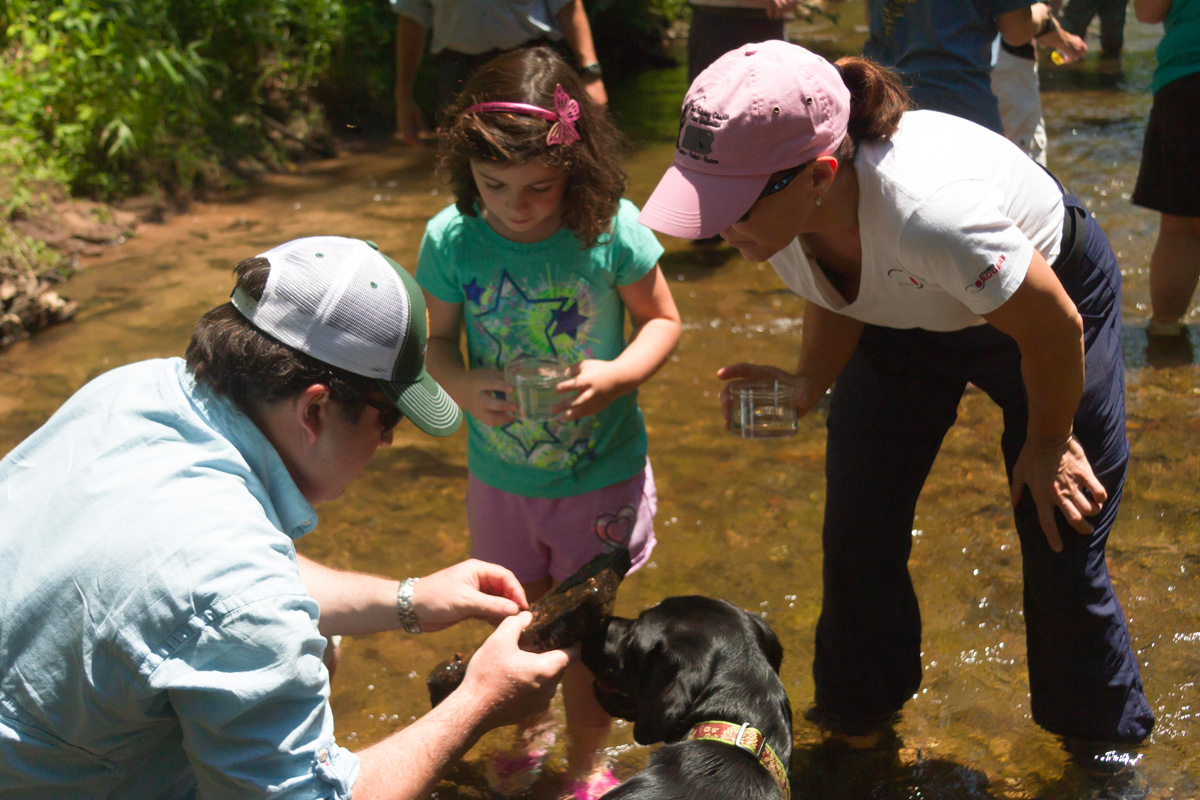
I believe that conservation is not just about protecting the resources we currently have, it’s also about striving to improve them for future generations. And clean water is the key element that powers all our outdoor lives. Without it, nothing worth anything exists.
I fish all over the state of Pennsylvania, but southern Chile is my second home and the site of my most memorable outdoor adventures. It has some of the most incredible scenery and fishing I have ever had the opportunity experience and, not coincidentally, some of the cleanest water on the planet. It’s almost untouched by humans and there are a lot of wetlands to filter out pollutants and keep it that way.
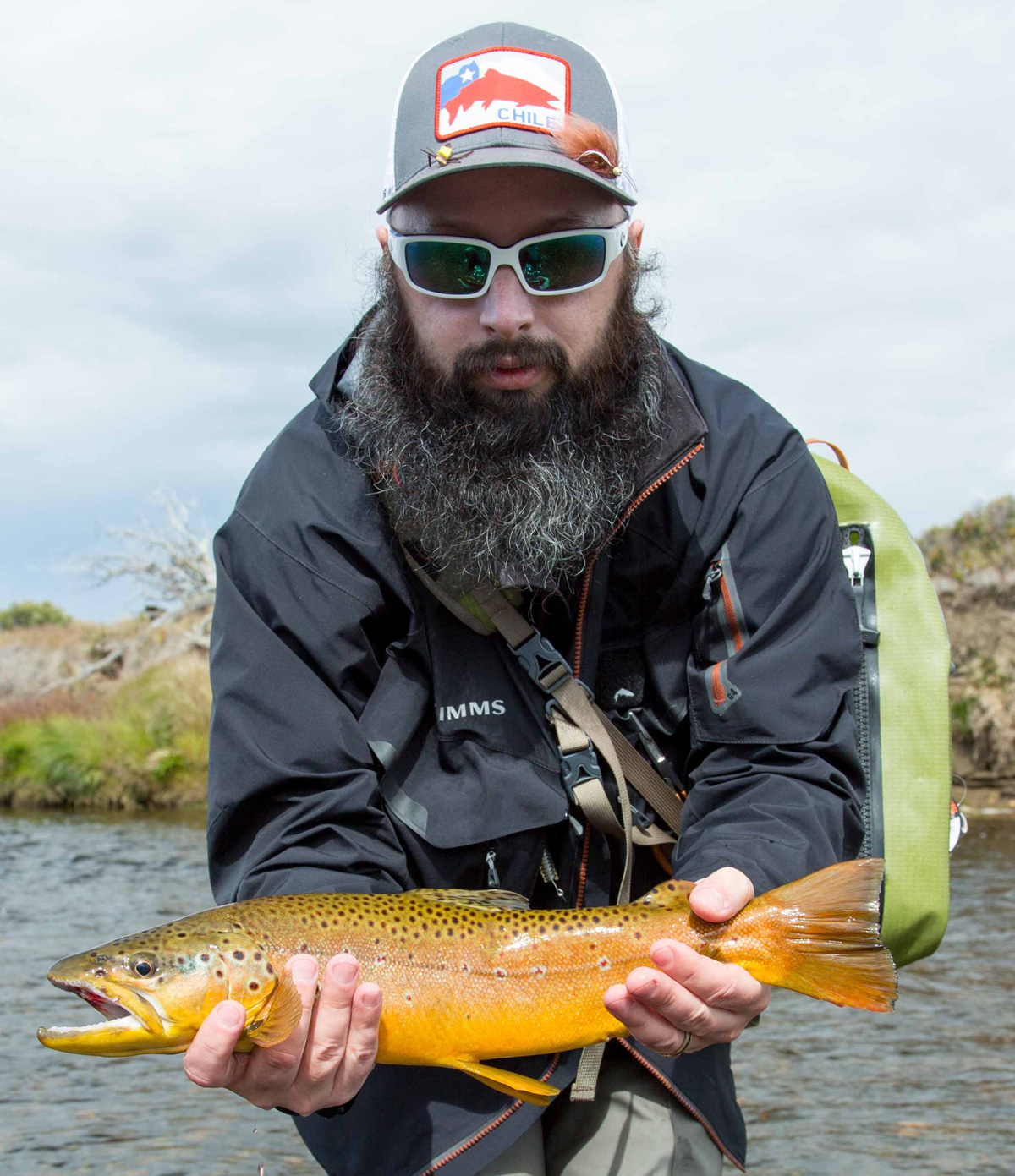
Meanwhile, water use and pollution are two of the biggest conservation challenges where I live most of the year. Especially down in the Harrisburg area and in farming communities, trees were clear cut years ago and uncontrolled runoff has put a lot of sediment in the streams. That really impacts the macro-invertebrates that fish eat. So, as volunteers, we’ll do riparian buffer plantings with grasses and trees that hold the sediment back. We also install some in-stream structures to mobilize the water, create more current, and move that sediment along.
Trout prefer a cooler temperature, so when you remove all those trees, you also allow the sun to heat the water as the sediment slows the water down. You end up with a wider, warmer shallow stream, which isn’t as beneficial for trout as a deeper, cooler stream. We actually classify temperature as a pollutant.
This work that we do to curb sediment in Pa. has far-reaching benefits: It helps the fishing up here, but it also keeps a lot of that sediment from reaching the Chesapeake Bay, where many of my friends guide and fish. So, I’m used to thinking about the impact of my actions on what happens downstream. Not everybody does.
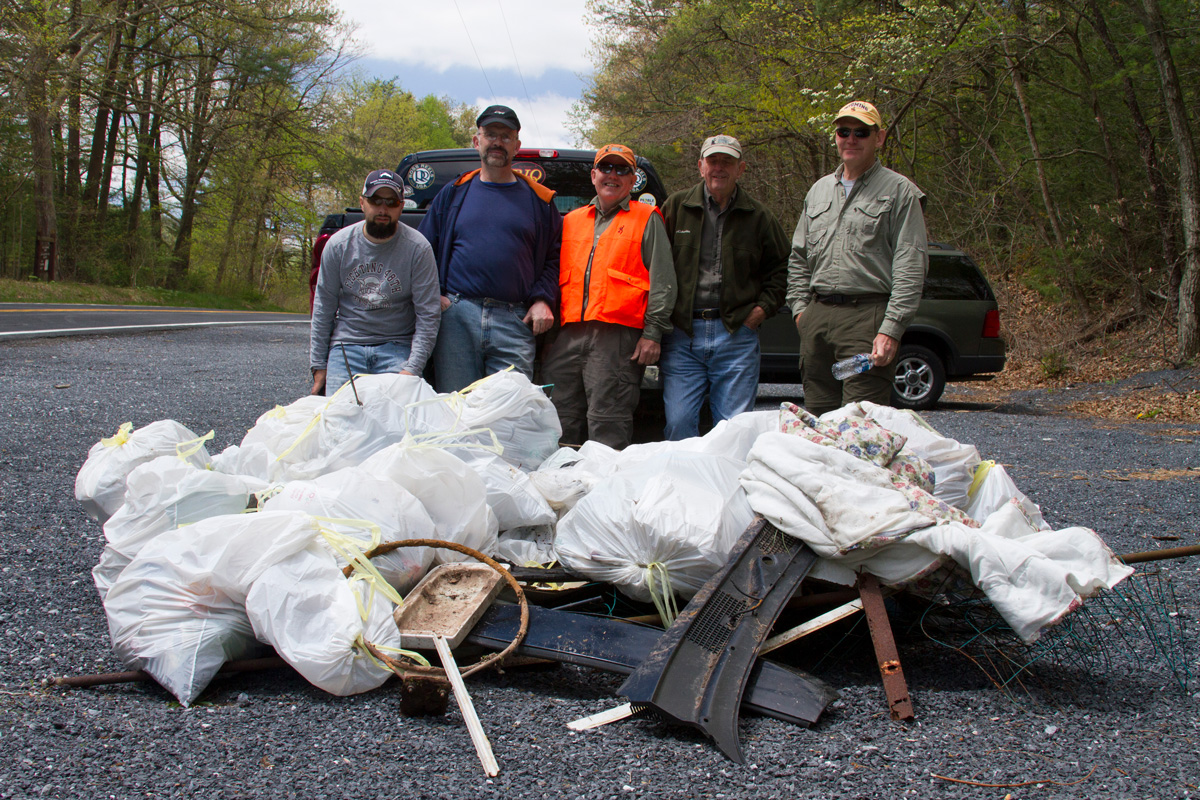
We’re so lucky to have a lot of clean water and streams that have made a comeback. And there are many volunteers and businesses who are generous with their time and money. (I’m pretty sure TCO Fly Shop, for example, supports every TU chapter around the state!)
But the east coast population and industries are extremely taxing on our waterways. There is a long history of abusing our water resources, especially in Pa. We can allow for economic growth and still utilize what we have in a responsible manner.
And we need to keep sharing our love of fishing with others. I’m 40 and I’m usually the young guy in the room—that’s not good. Because as much as any of us would like to have the water to ourselves, if no one is using these resources then no one will care about them.
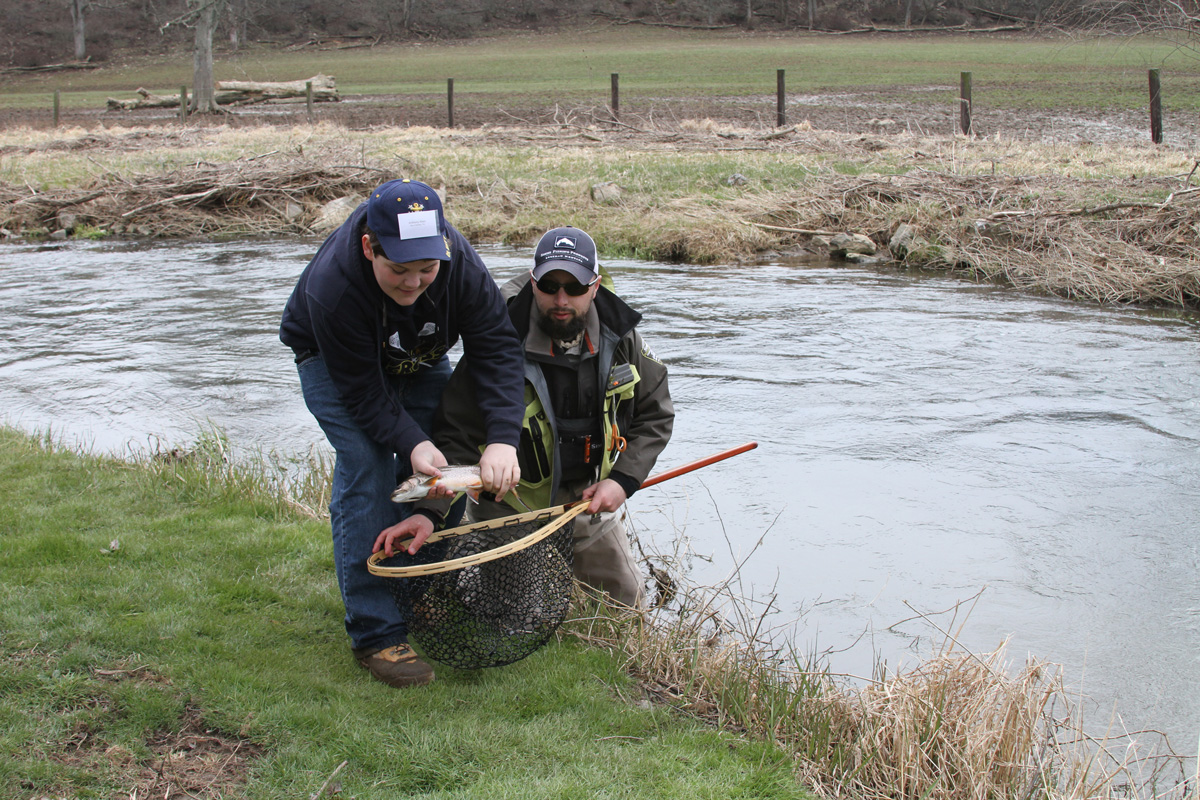
Follow William Kosmer’s adventures on his blog. Do you know someone “In the Arena” who should be featured here? Email info@trcp.org for a questionnaire.

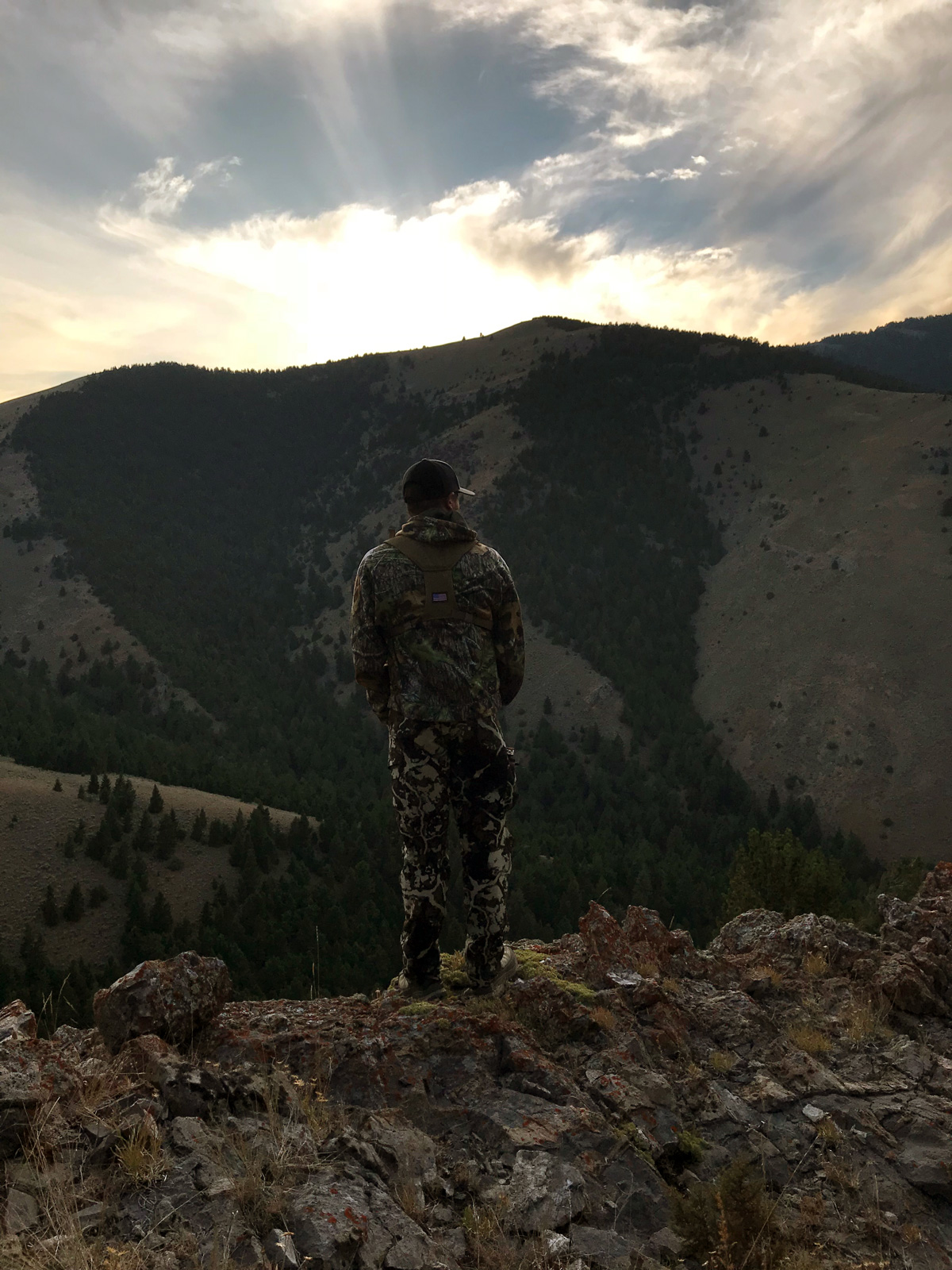
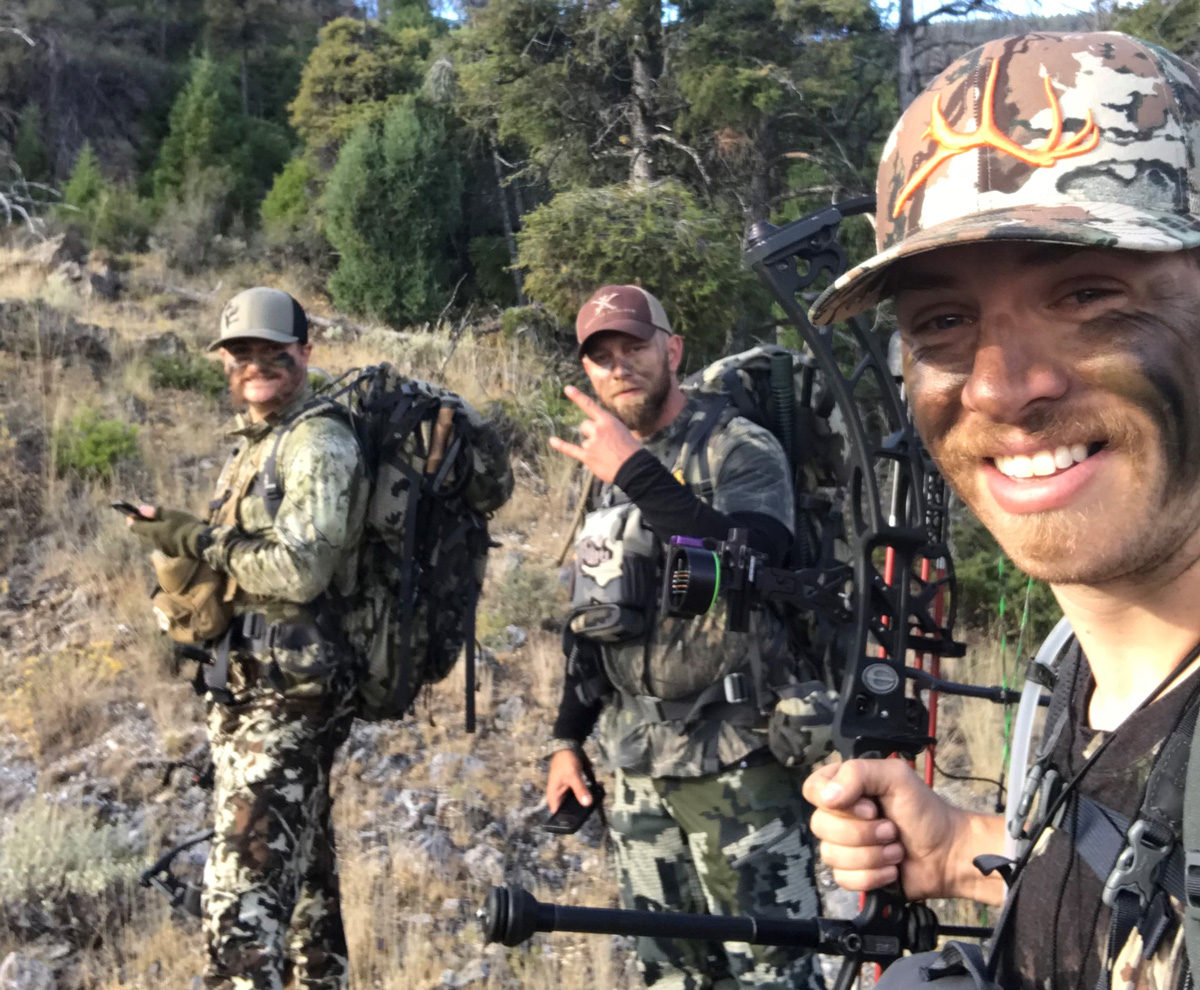
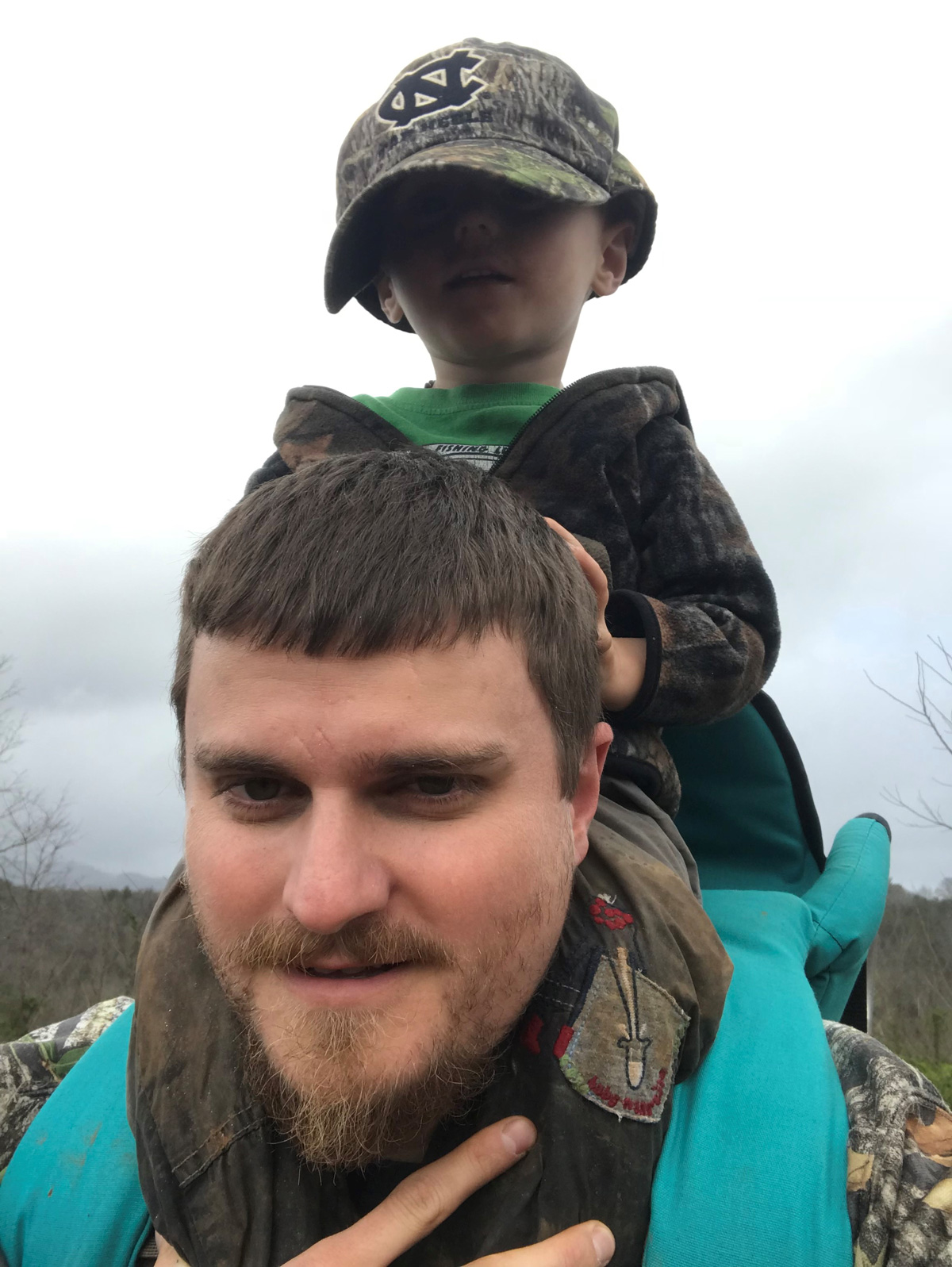
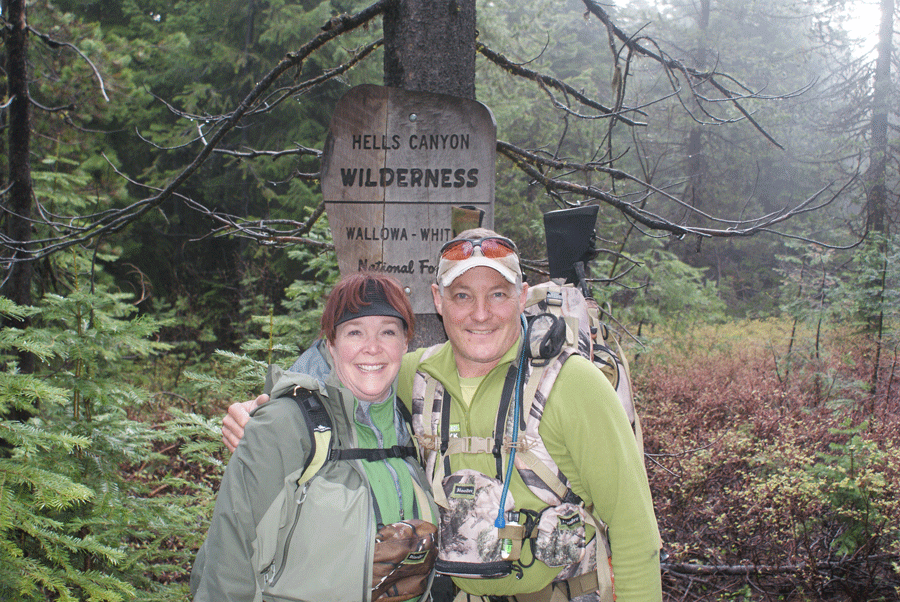
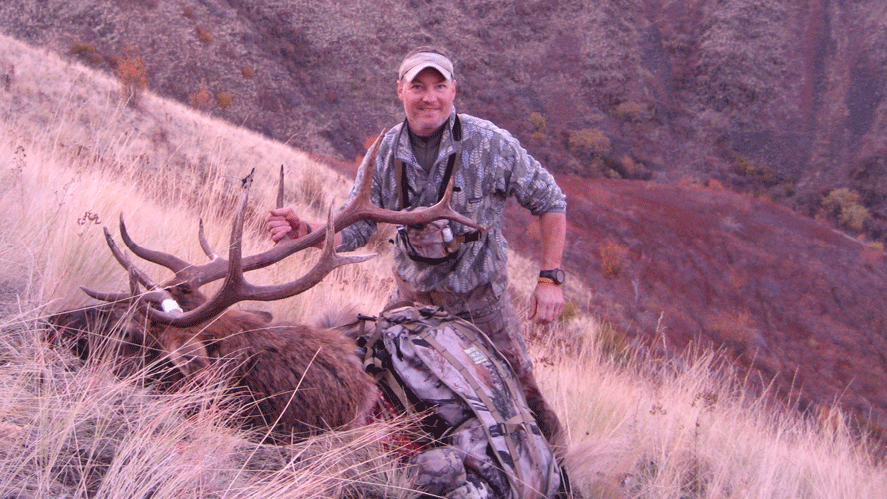
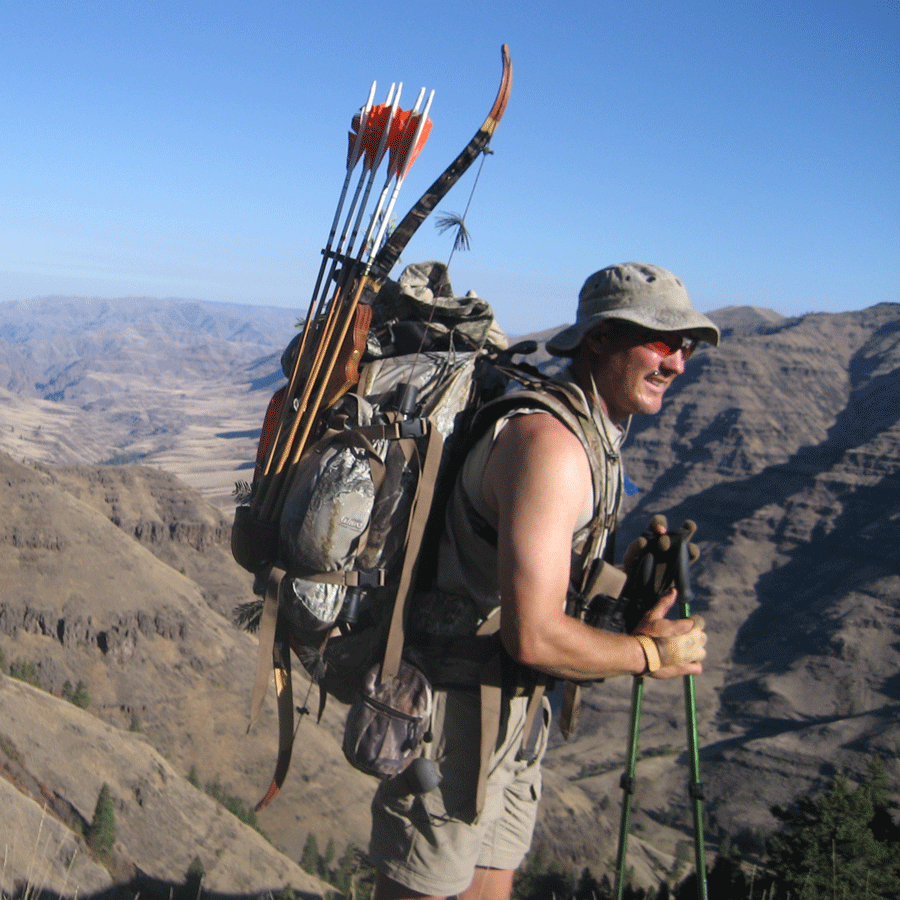
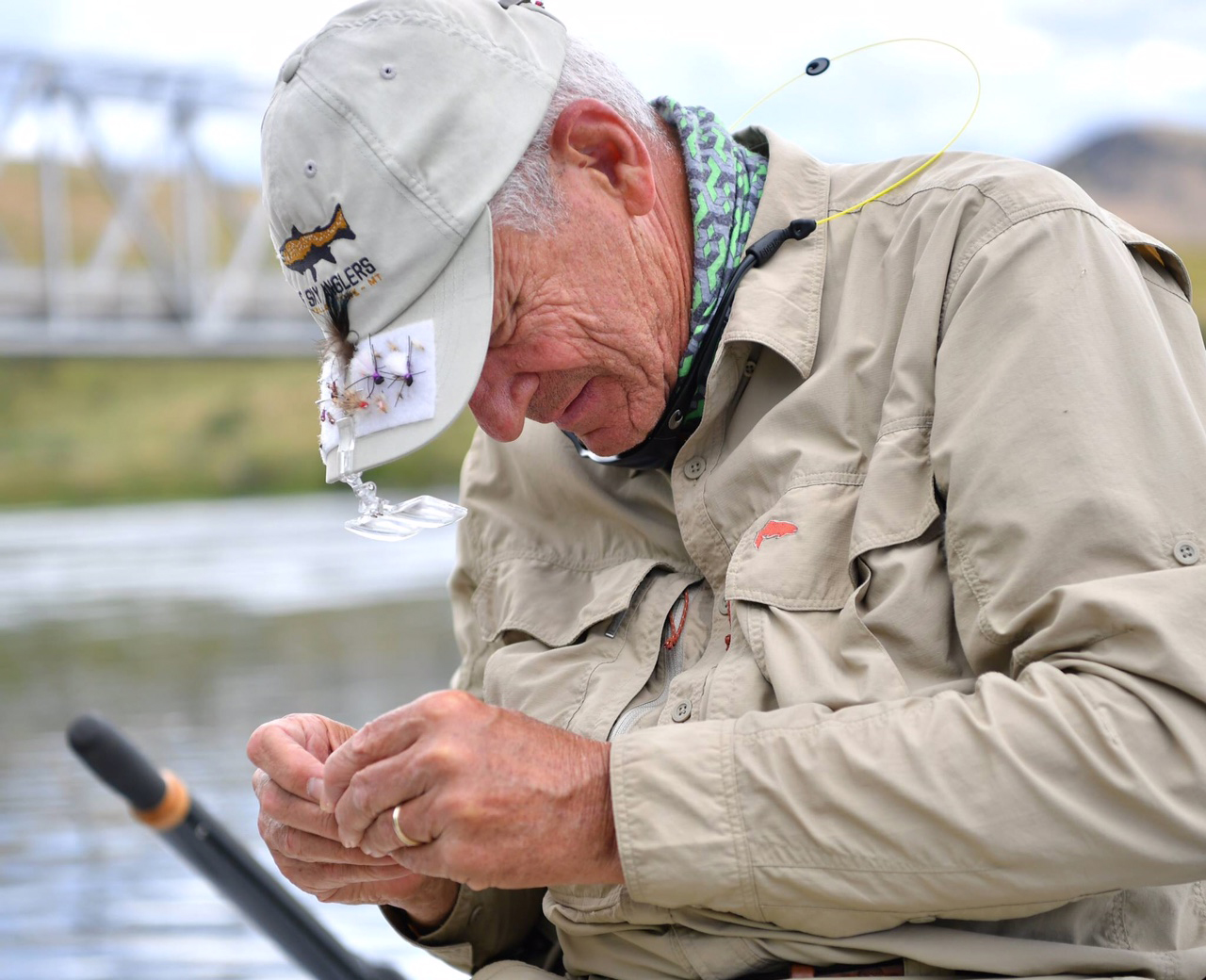
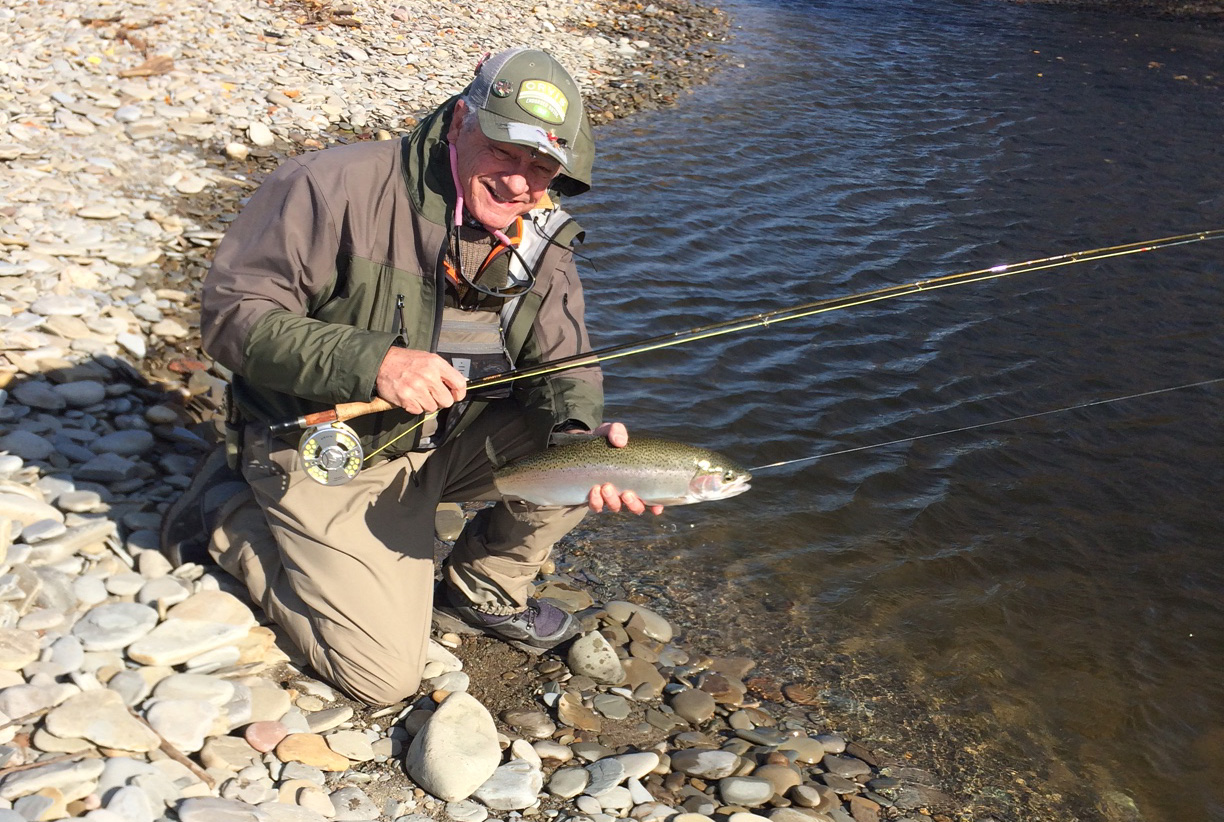
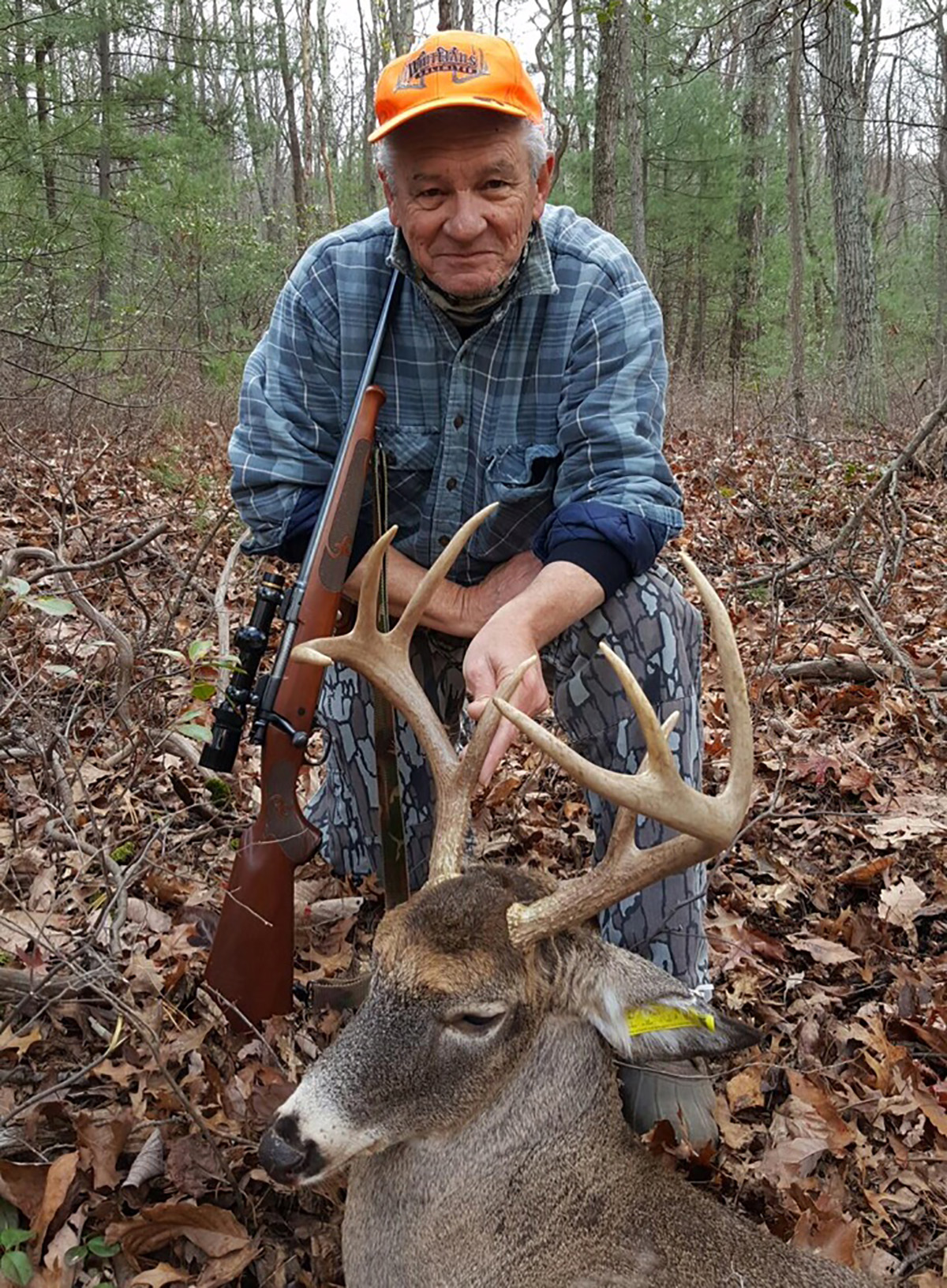
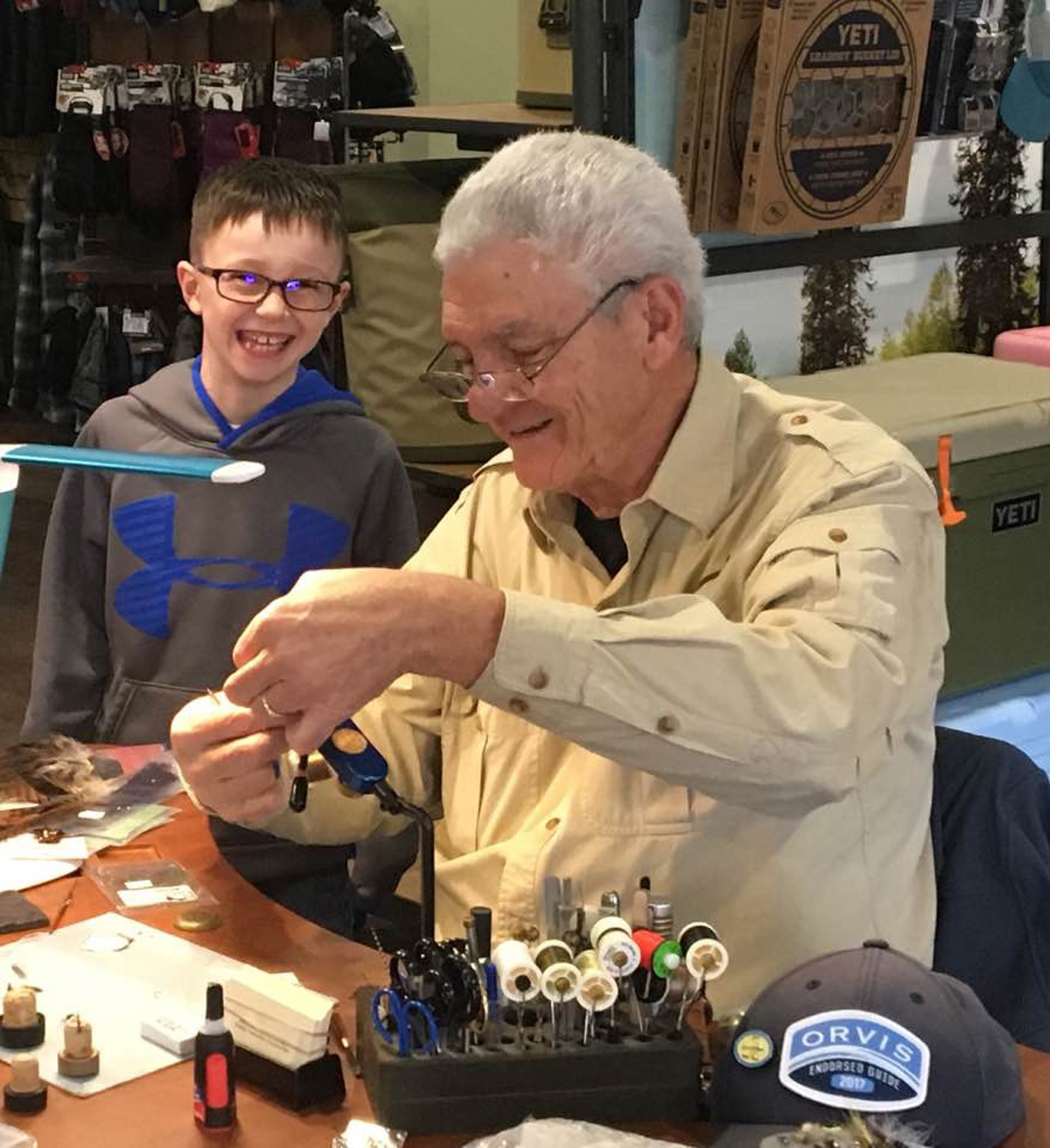
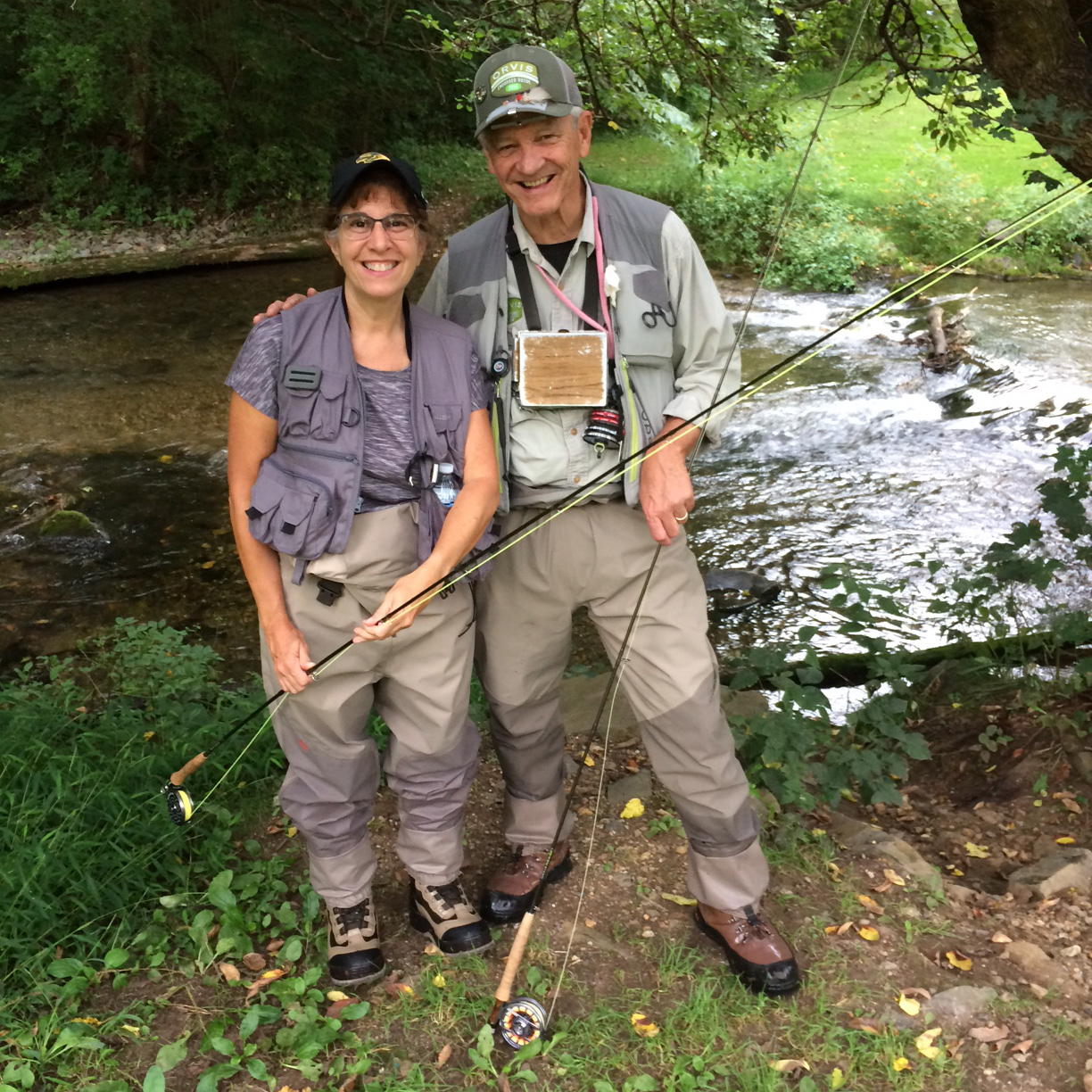
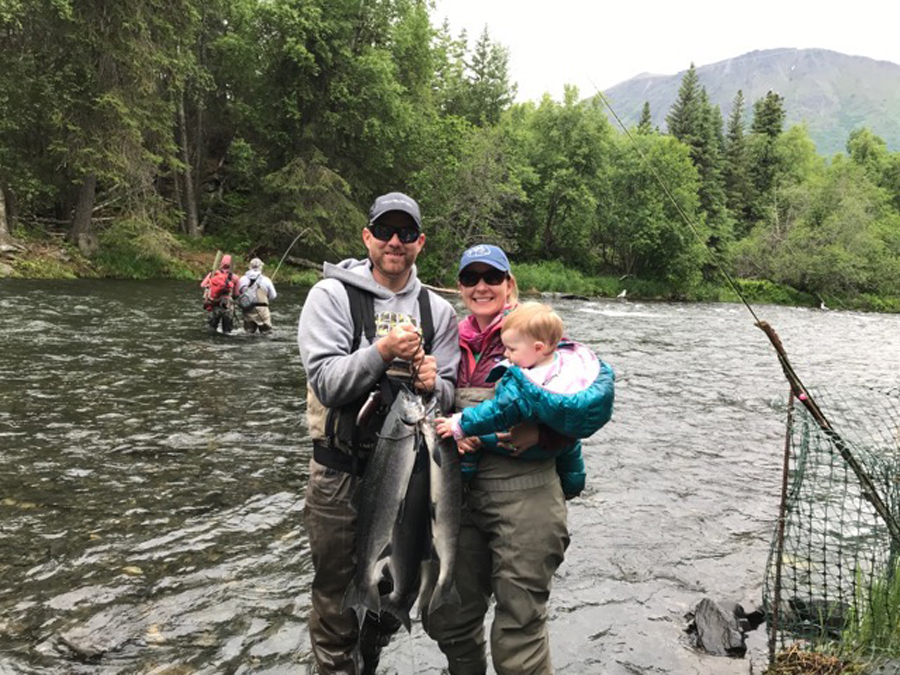
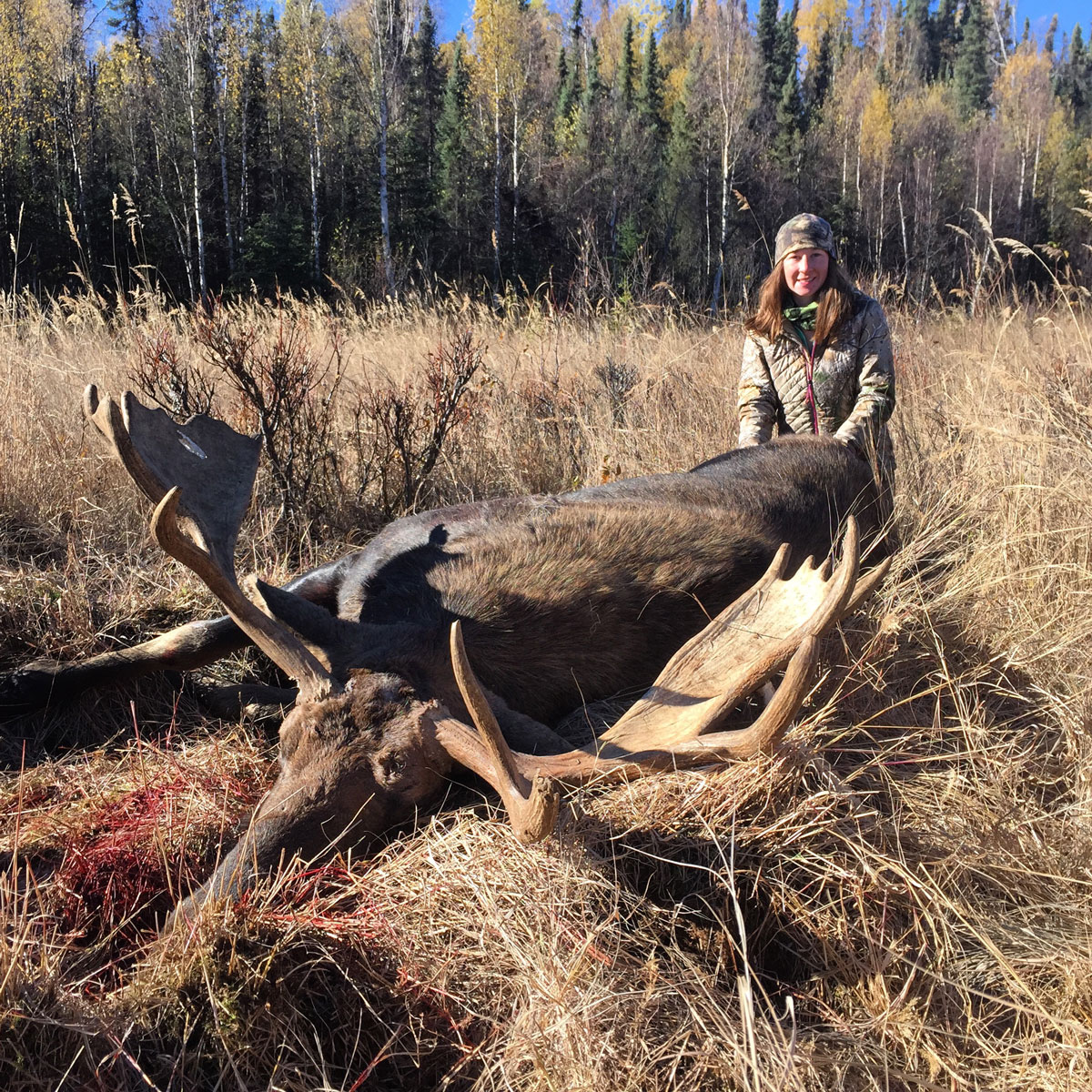
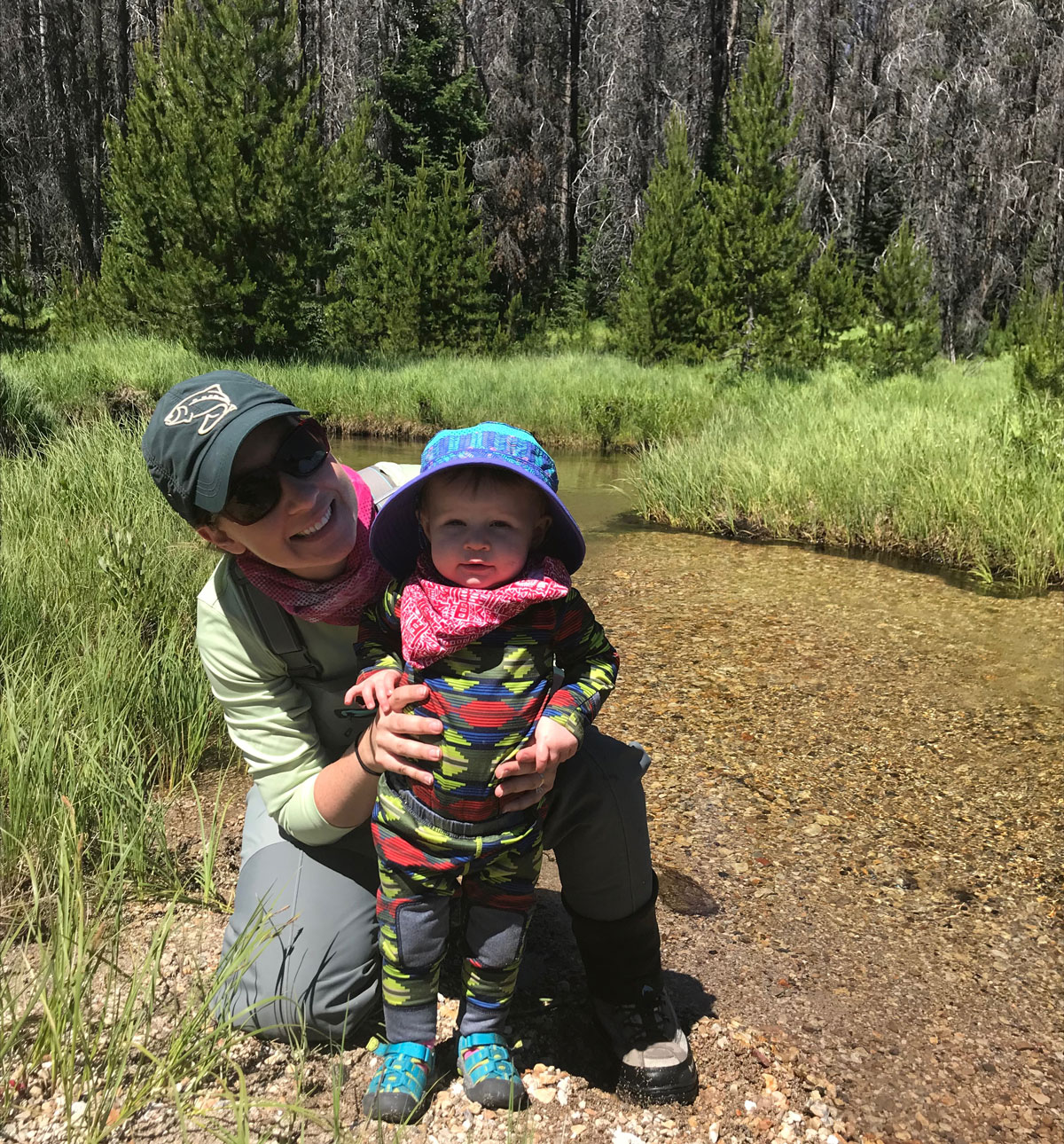
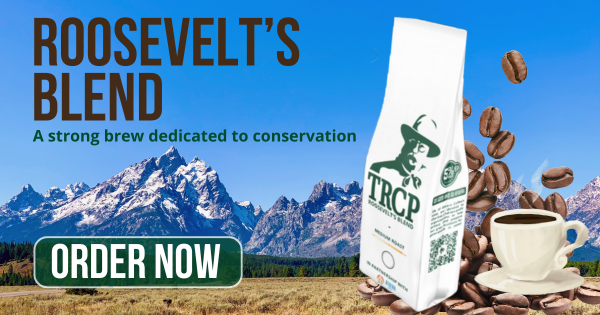



Inspiring! Keep on with the good work with the younger folks… they are the future and need to know more about the world around them.